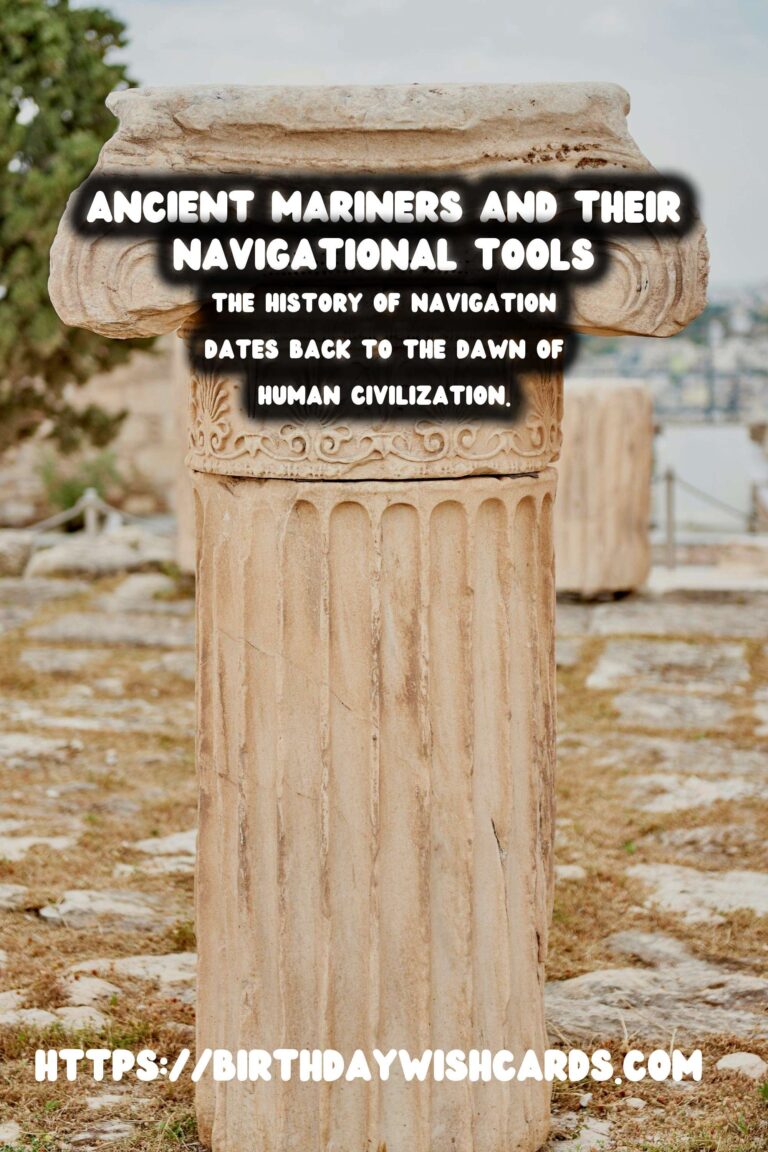
The history of navigation dates back to the dawn of human civilization, in a time when ancient mariners braved vast and uncharted waters. This journey through time reveals how navigation evolved from rudimentary techniques to complex systems that facilitated exploration and trade.
The Earliest Navigators
Long before the advent of advanced technology, the earliest mariners relied on natural cues to traverse the seas. They observed the position of the sun, the stars, and the behavior of winds to determine their direction. This period marked the dawn of celestial navigation as a guiding force for early sailors.
The Development of Tools
As maritime activities expanded, so did the need for more reliable navigational tools. Early instruments included the gnomon and later advancements like the astrolabe and quadrant. These devices allowed for more precise measurements of the celestial bodies, thereby improving navigation accuracy significantly.
The Age of Exploration
The Age of Exploration from the 15th to the 17th century was a significant turning point in navigation history. Notable explorers such as Christopher Columbus and Vasco da Gama set sail with improved navigational tools like the magnetic compass, which provided a consistent directional reference, enabling longer voyages.
The Invention of the Marine Chronometer
One of the most groundbreaking inventions in maritime navigation was the marine chronometer in the 18th century. Created to solve the issue of calculating longitude at sea, this instrument enabled sailors to determine their position more accurately and with greater reliability.
Charting New Waters: the Importance of Maps
Cartography played a crucial role in navigation, with maps becoming increasingly detailed over time. Pioneers like Gerardus Mercator introduced new methods of map-making that provided sailors with more accurate reflections of the geographies they encountered.
The Modern Era of Navigation
Today, navigation has entered a digital age with GPS technology revolutionizing how we traverse the globe. However, the foundations laid by ancient mariners remain integral to understanding the evolution of these technologies.
Conclusion
The history of navigation is a testament to human ingenuity and our innate desire to explore the unknown. Over centuries, the dedicated efforts of explorers and inventors transformed navigation from a humble art into an exact science, paving the way for the interconnected world we navigate today.
The history of navigation dates back to the dawn of human civilization. Today, navigation has entered a digital age with GPS technology revolutionizing how we traverse the globe. 
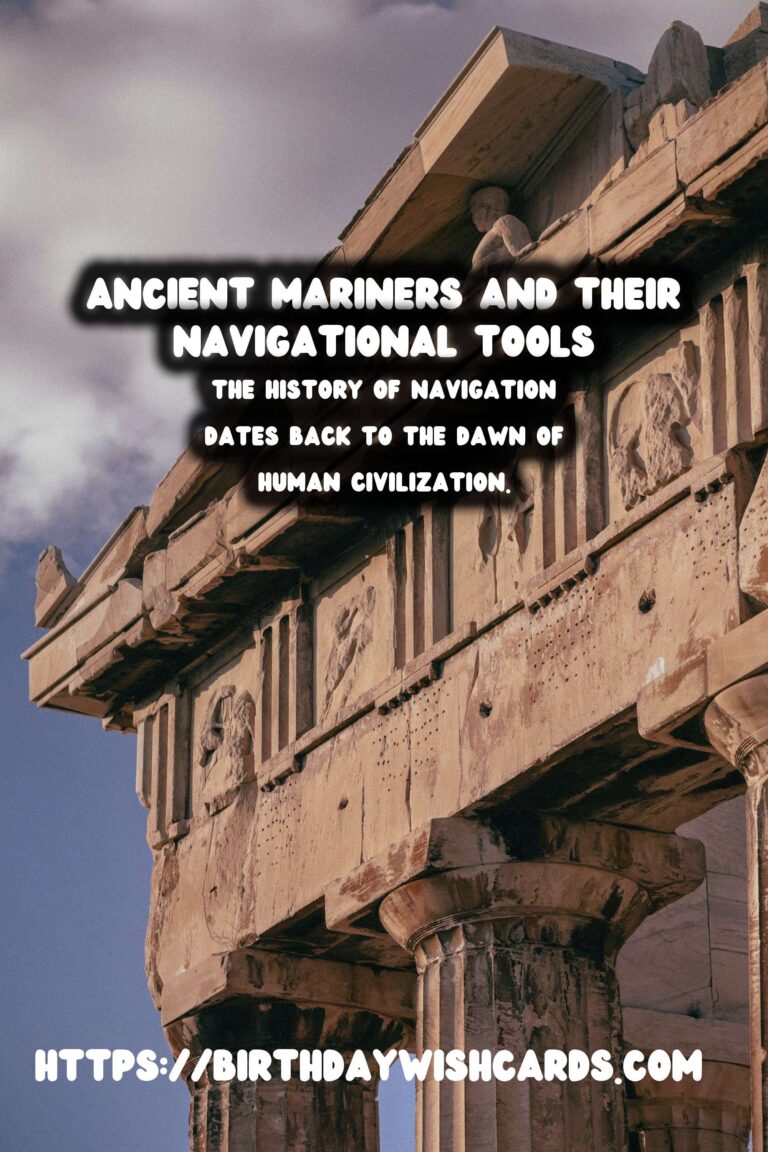
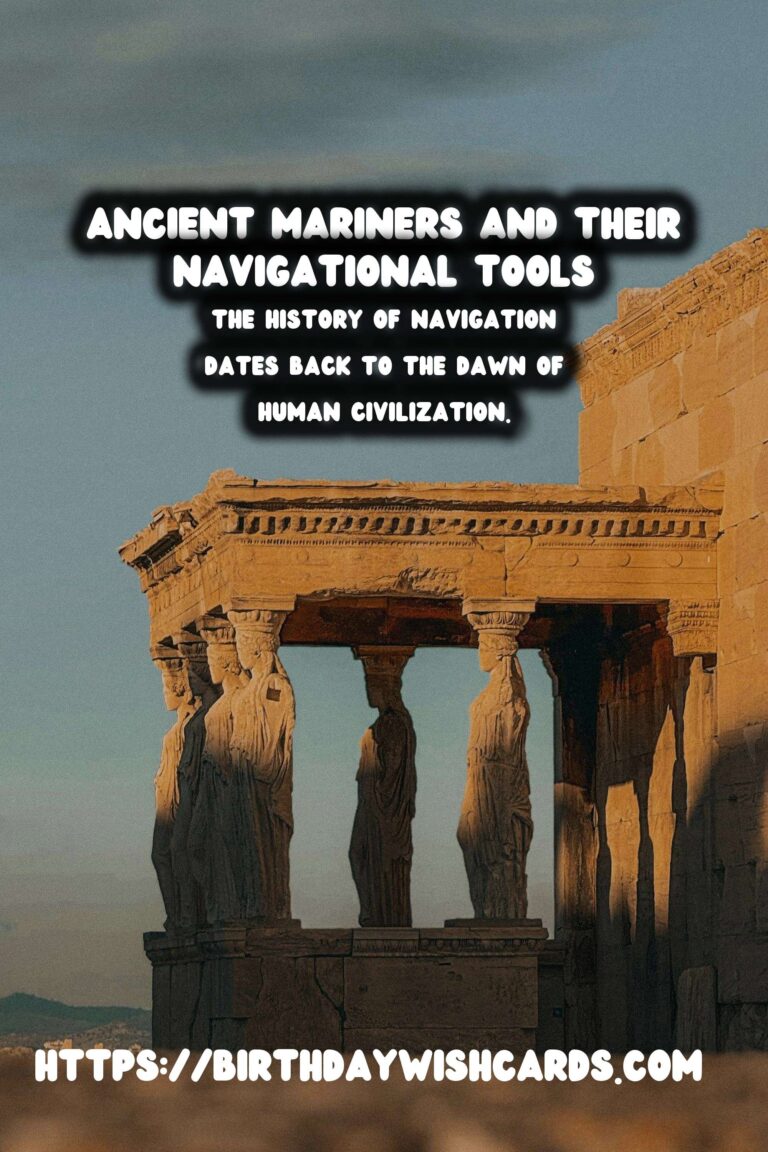
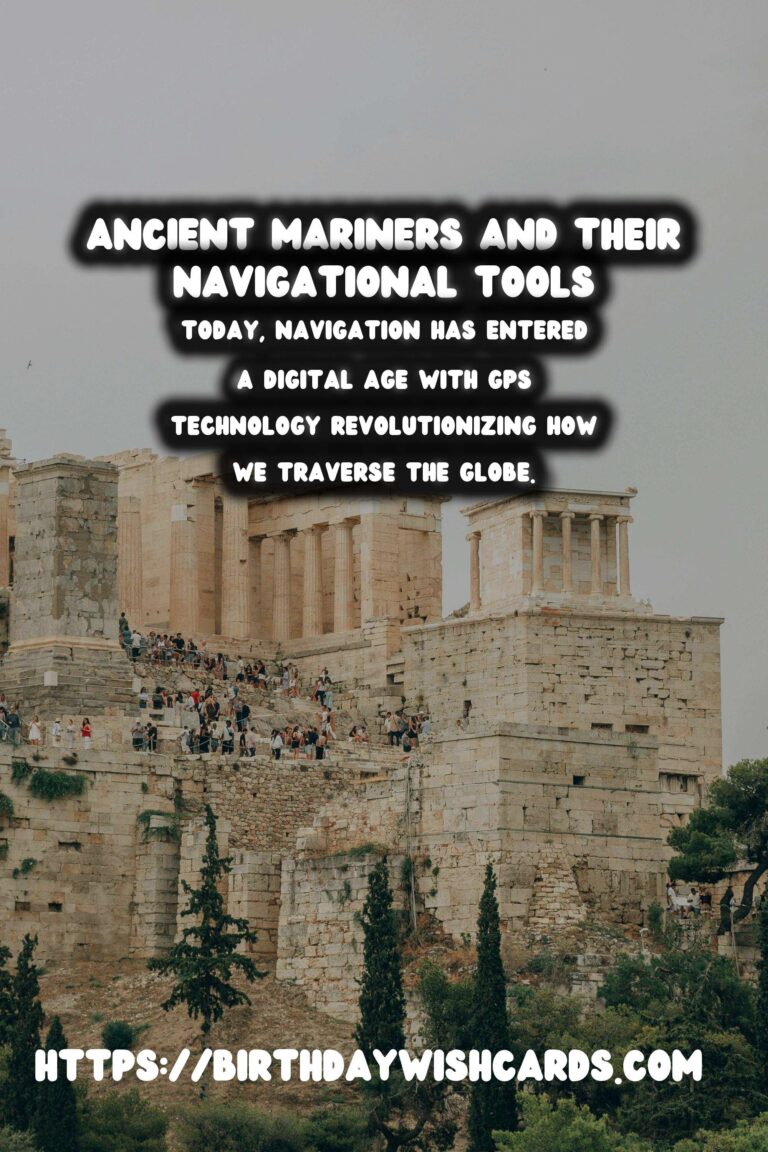
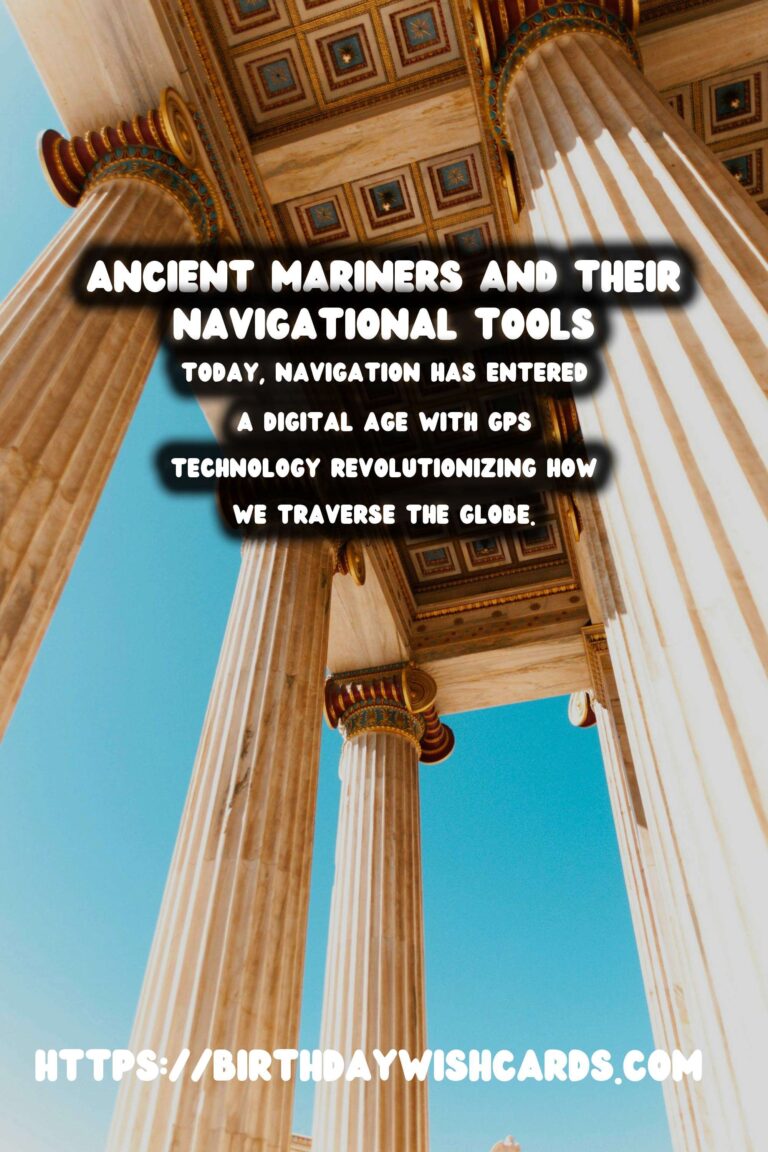
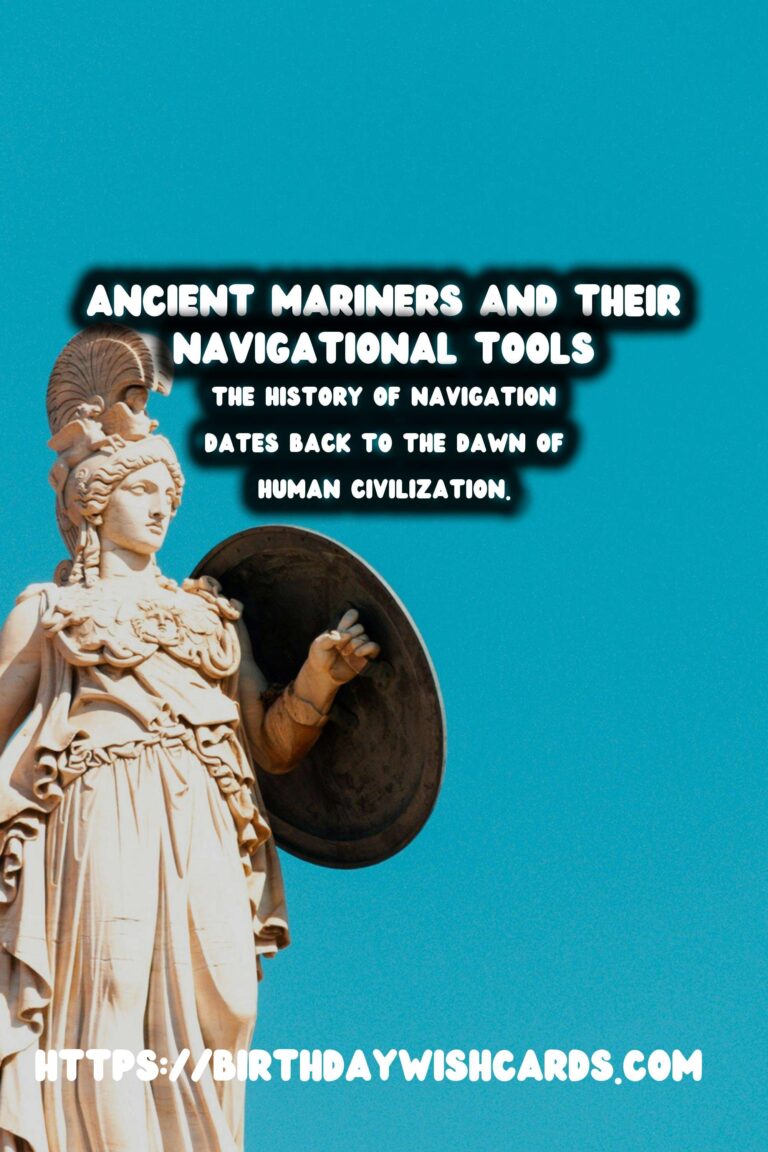
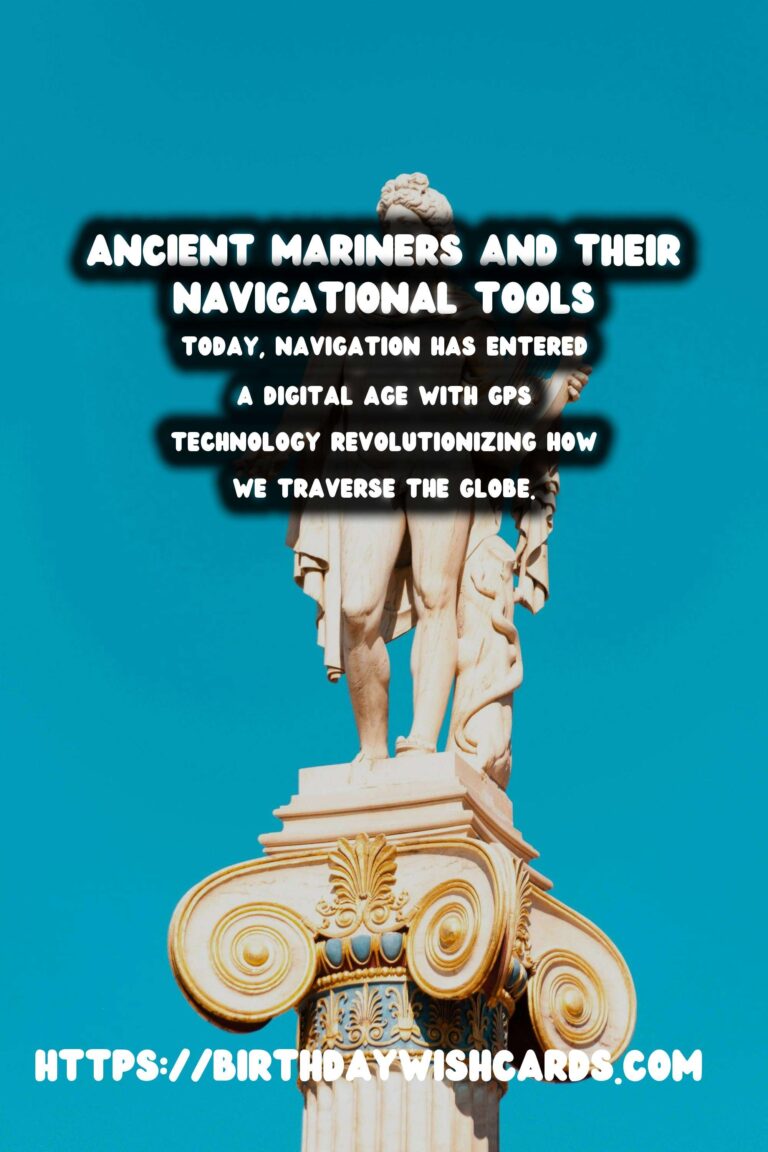
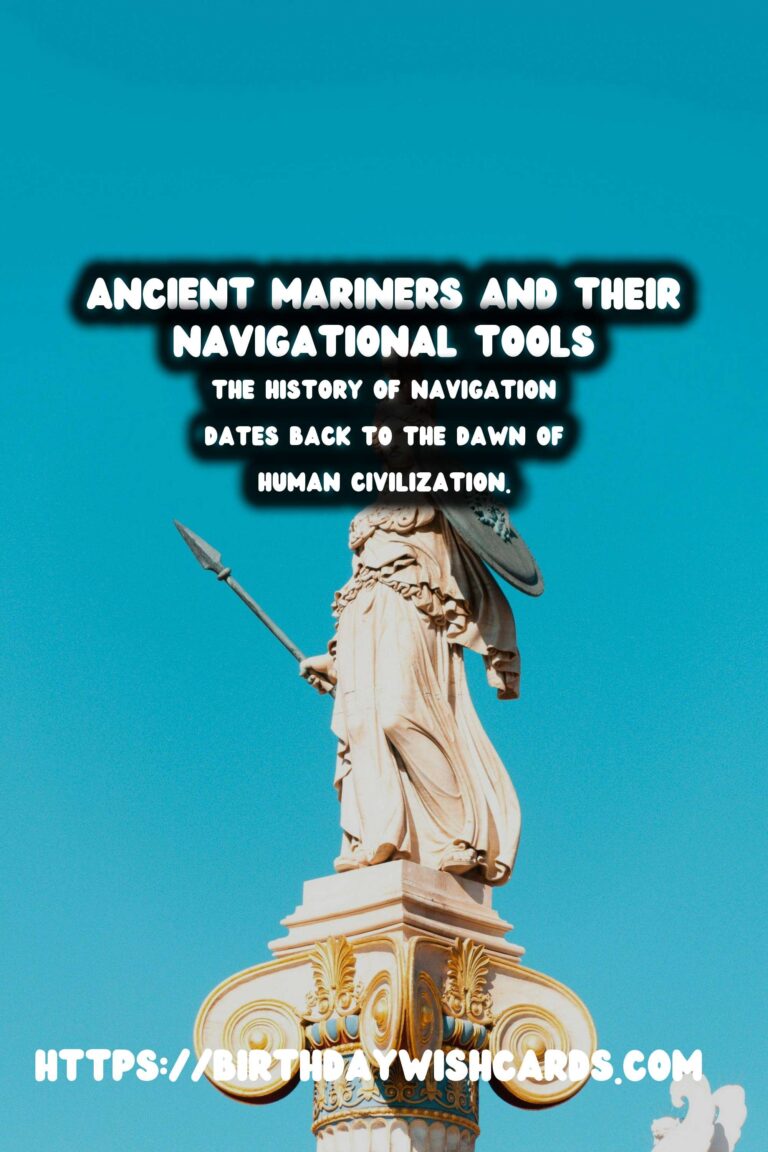
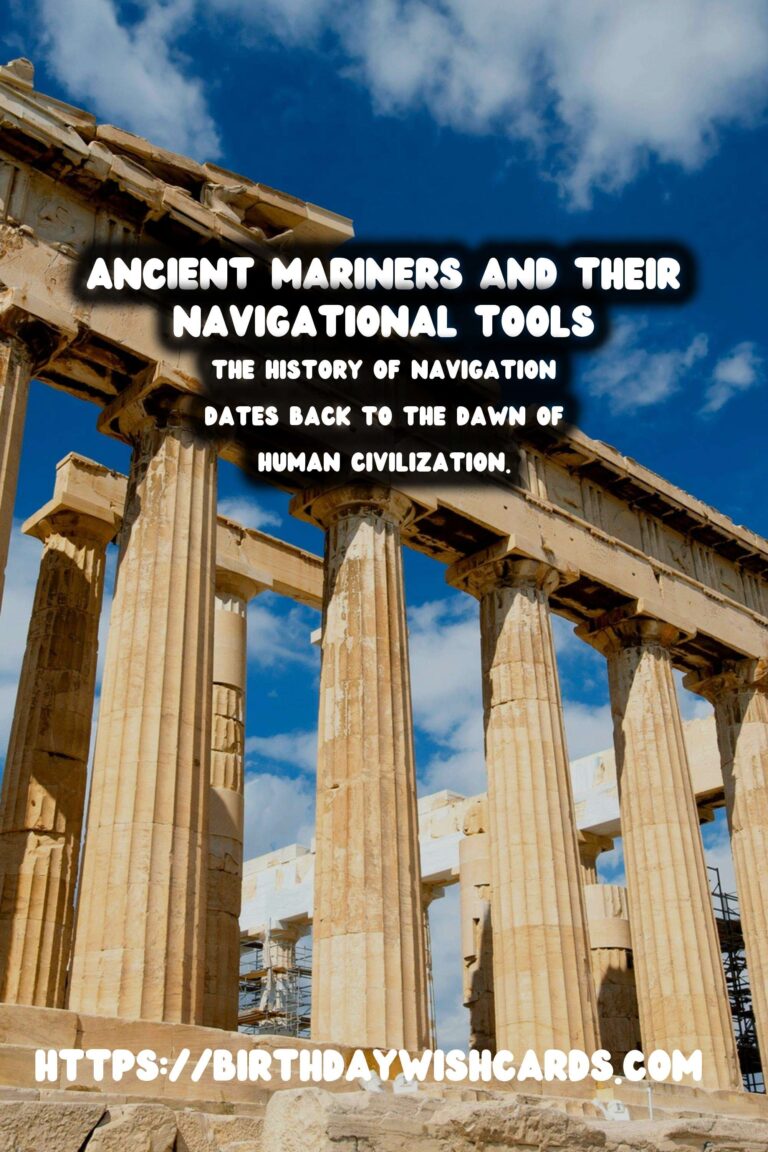
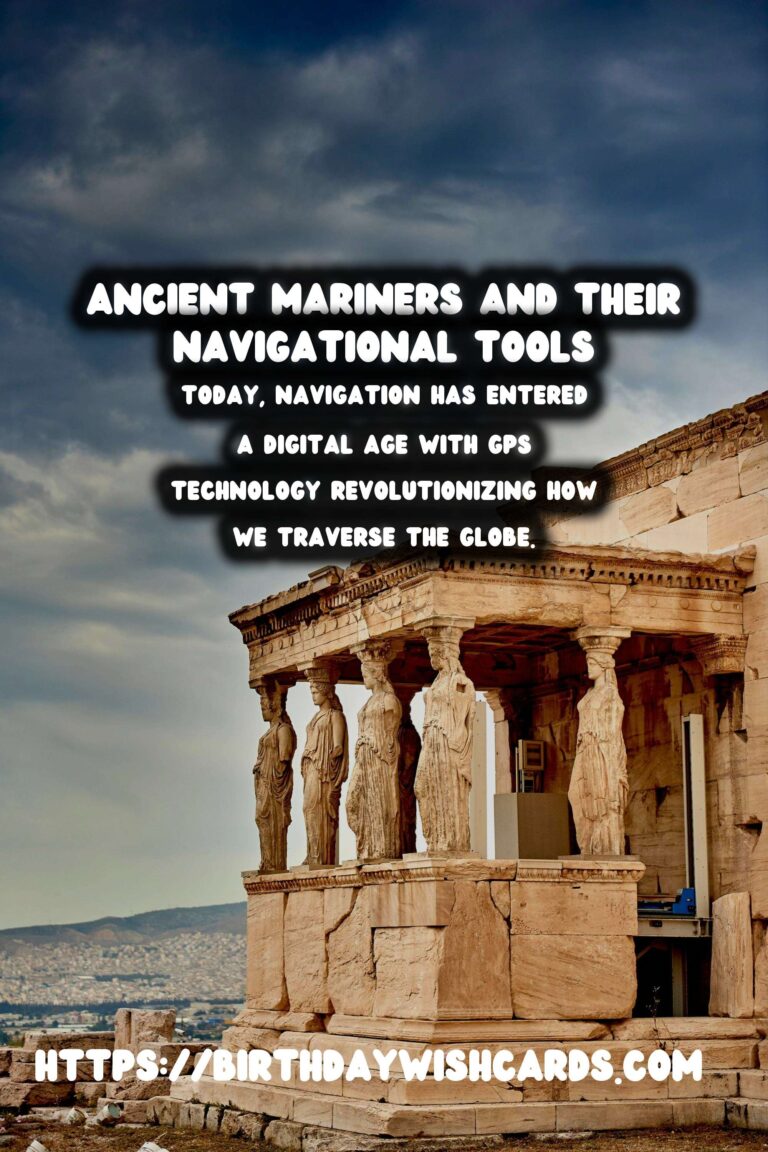
#navigation #maritimehistory




